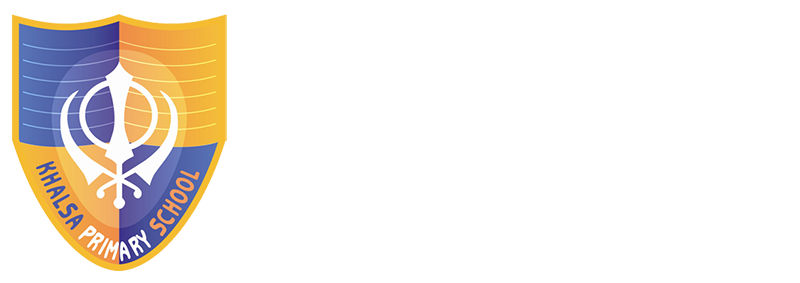Punjabi
OUR ASPIRATION FOR EVERY LEARNER:
At Khalsa Primary we are building a whole new culture of deep understanding, confidence and competence in Panjabi– a culture that produces strong, secure learning and real progress. We are shaping confident, happy and resilient Panjabi speakers who relish the Panjabi language. We are committed to working together to make a difference to every pupil so that they can use their learning to make a positive contribution to the world around them.
Focus on deepening pupils understanding:
At Khalsa Primary we follow the Panjabi curriculum which is based around the MFL work scheme. Following this scheme allows all pupils to flourish their three areas in Panjabi which are Reading, Writing, Speaking and Listening. Pupils build their confidence and they can represent themselves as good Panjabi speakers in religious school assemblies.
EYFS
By the end of the EYFS curriculum, most pupils will be able to answer the questions in full sentences and most of the pupils can recall Panjabi rhymes (body parts and numbers up to 10). By end of Early years children can read and write all the first seven Panjabi letters correctly and can say the sounds in English. By end of EYFS most of the children will be able to blend the letter sounds and reading the words.
Key stage 1
The principal focus in key stage 1 is to ensure that pupils develop confidence to listen attentively to spoken language and show understanding by joining in and responding. The support provided to develop their listening and speaking skills. Pupils are supported and guidance is given on the pronunciation of different sounds, recognition and formation of letters and the joining of different letters to form words.
By end of Key Stage 1 children will be:
writing words and simple sentences in Panjabi. Children’s ability is closely monitored to enable them to progress on their personal academic journey.
exploring the patterns and sounds of language through songs and rhymes and link the spelling, sound and meaning of words
read carefully and show understanding of words, phrases and simple writing
Key stage 2
At key stage 2 pupils extend their understanding of the Panjabi letters and Panjabi symbols. This develops the connections that pupils can read and write more words and to extend their knowledge children will be able to make sentences. Pupils are taught to develop their ability to speak the language confidently.
By the end of KS2, pupils should be able to:
- listen attentively to spoken language and show understanding by joining in and responding
- engage in conversations; ask and answer questions; express opinions and respond to those of others; seek clarification and help
- speak in sentences, using familiar vocabulary, phrases and basic language structures
- develop accurate pronunciation so that others understand when they are reading aloud or using familiar words and phrases
- present ideas and information orally to a range of audiences
- appreciate stories, songs, poems and rhymes in the language
- broaden their vocabulary and develop their ability to understand new words that are introduced into familiar written material, including through using a dictionary
- write phrases from memory, and adapt these to create new sentences, to express ideas clearly
- describe people, places, things and actions orally and in writing and through assemblies.
WHAT WE DO TO ACHIEVE OUR ASPIRATIONS:
Pupils should be able to recall and apply key vocabulary in day to day life.
In Khalsa Primary School pupils have an opportunity to grasp the key vocabulary from the Panjabi teaching and learning in order to better themselves and have an impact as individuals and to also help make a positive contribution to society.
The learning environment in each class has a display dedicated to Punjabi vocabulary. Pupils can refer to these displays in their Punjabi lessons to help them during speaking and listening activities in addition to their written work.
Pupils are taught to read and write in Punjabi using phonic strategies such as segmenting and blending. Teaching is planned to be incremental and to build upon prior learning so as to promote the gradual development of all pupils’ ability. Progress is further supported by differentiated resources including alphabet and vowel sheets. Opportunities for self-selection enable pupils to take responsibility for their own learning.
WHAT WE DO TO MEASURE OUR SUCCESS:
Throughout the school pupils are assessed against the Panjabi Curriculum objectives. We measure the success of our curriculum through the following opportunities:
- At the end of each academic year, a formal assessment test is conducted based on the topics that have been covered in each particular year group.
- Every year group is given a separate customized formal assessment test. Results of these tests are collated and analyzed to help plan topics for the following academic year and to find any areas that need to be revisited before the end of the year.
- Teacher give feedback through marking and verbal discussions in class and its ongoing assessment.
- Punjabi assessments in speaking, reading and writing are ongoing as teachers carry out in-depth assessment at the end of each term. This helps the teacher and children to know their next steps and
- Games and quizzes are carefully planned into lessons. Learning is done by questions used to identify strengths and areas that pupils still need to continue to work on.
